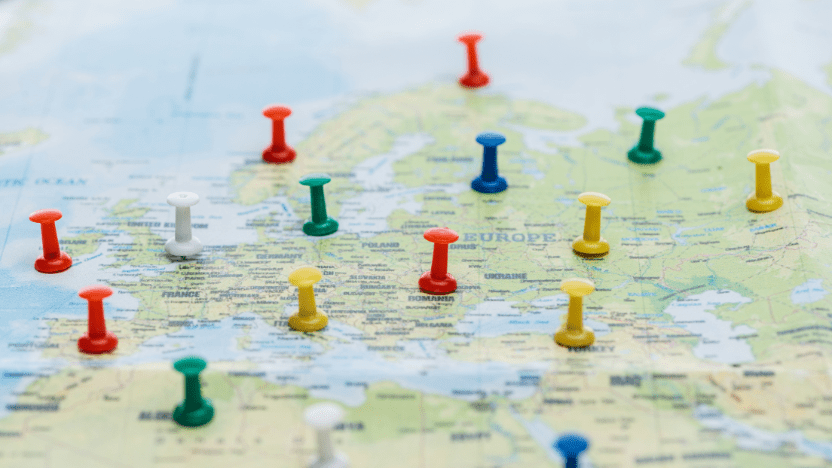Beyond borders: Exploring the international trademark filing system

You can protect your brand assets using national, regional and/or international trademark filing systems, but which route should you choose? Maxime Schoots outlines the differences.
Whether you are a small startup or a vast multinational, a strong brand is crucial for success. Trademark registrations enable you to take action against any subsequent uses of a similar sign for similar goods or services if it may result in a likelihood of confusion. However, trademark rights are territorial, so it's vital to ensure you register your valuable brand assets in every country that is relevant to your business. Depending on your current operations and future plans, this means making the best use of the different national, regional and/or international trademark filing systems.
International trademark filing (IR)
The international trademark filing system, known as the Madrid System for the international registration of trademarks, offers a relatively cheap way to acquire protection in multiple countries worldwide. Covering more than 130 countries, it is possible to designate one or more of the members via one single procedure, in one language and one set of fees, based on an eligible national or regional trademark registration.
Regional trademark filing
The European Union trademark (EUTM) is one of the best-known regional trademark filing systems. As it provides trademark protection in all EU member states via a single application and fee, it is particularly useful if you operate in more than one country within the EU. You only need to administer, renew and maintain one registration, and (unlike national registrations) it is not necessary to actively use the mark in all EU countries to maintain its protection.
The Benelux is another example of a regional trademark filing system, in the sense that Benelux countries operate as one territory when it comes to trademark law. You cannot register separate trademarks for the Netherlands, Belgium or Luxembourg, as the registration system covers the three countries jointly.
National trademark filing
To acquire rights in individual countries or those that are not a party to the regional or international trademark filing systems, you will need to apply for national registrations.
As with the regional and international trademark filing routes, your trademark application will need to adhere to several substantive conditions and local formalities to be successful. For example, your trademark must be available, must not be descriptive, and must hold distinctive character, meaning that the mark can distinguish your products or services from the products or services of other companies.
The right trademark filing route for your business will depend on your current operations and future business strategy. Contact us to find out more about each of the different systems or sign up to our webinar ‘Master the basics of IP: Unlock the power of your intellectual property’ for additional IP education and insights.
Maxime Schoots works in Novagraaf’s Knowledge Management team in Amsterdam.